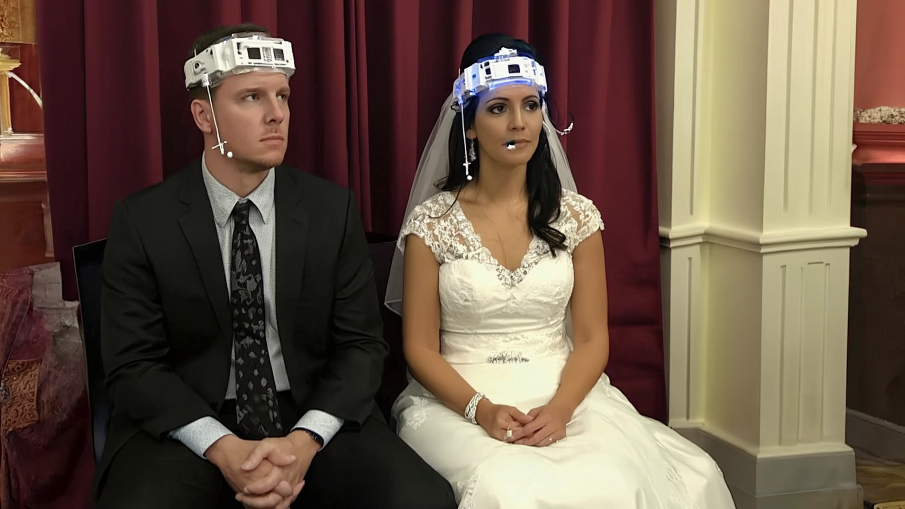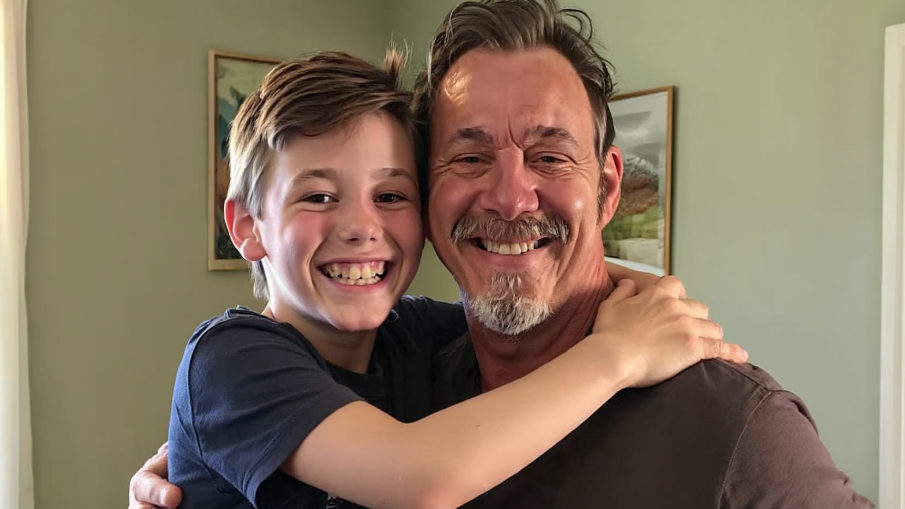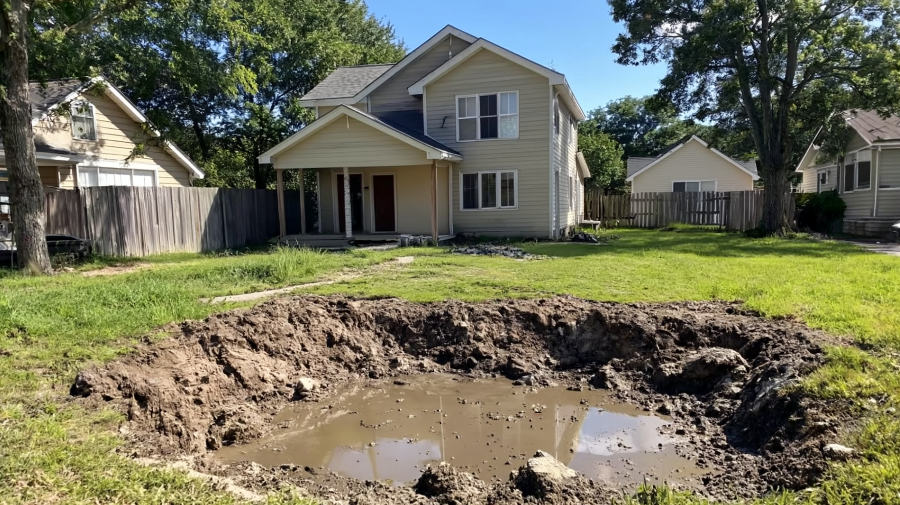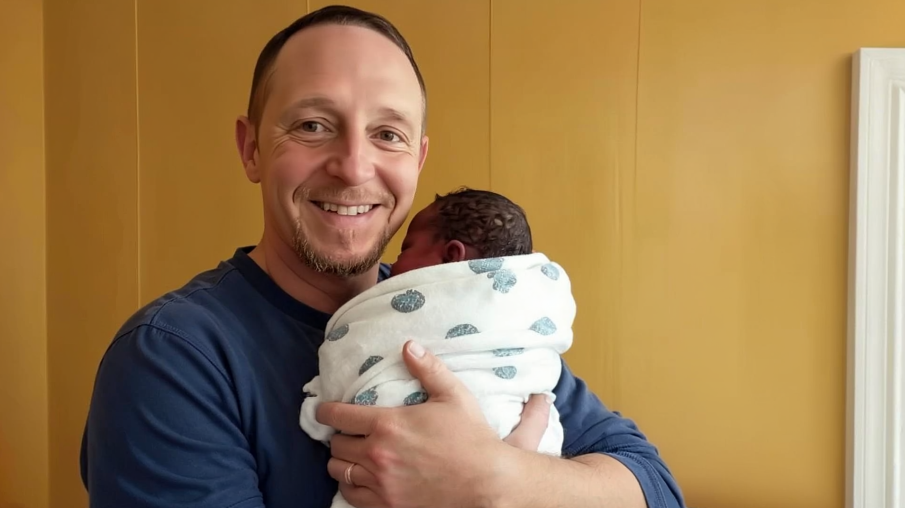Stroke is an extremely dangerous health issue, ranking third in global ᴍᴏʀᴛᴀʟɪᴛʏ rates after cancer and cardiovascular diseases. Recognizing the signs of a stroke can help prevent it and limit severe consequences.
What are the 5 Warning Signs of a Stroke?
The five primary signs of a stroke are:
- Numbness or weakness on one side of the body: This can help determine which half of the brain is affected, as each side of the brain controls the opposite side of the body.
- Impaired vision: This can occur in one or both eyes.
- Difficulty speaking or understanding: This includes trouble comprehending what is happening around you.
- Sudden dizziness or balance issues: This can lead to trouble walking.
- Sudden and severe headaches: These headaches appear without an obvious cause.
These symptoms are very serious, even if only one or two are present. If you notice these symptoms in yourself or someone else, note the time they started and call 911 immediately.
Recognizing Symptoms with the F.A.S.T. Acronym
F.A.S.T. is a helpful acronym to recognize stroke symptoms and act quickly:
- Face drooping: One side of the face may droop or become numb.
- Arm weakness: Weakness or numbness in one arm, which may also extend to the face or leg.
- Speech difficulty: Slurred or jumbled speech and trouble understanding others.
- Time to call 911: Seek emergency help if any of these symptoms are present.
Less common stroke symptoms include nausea, vomiting, and vertigo. Additional symptoms such as trouble walking and confusion may also occur. It is important to note the time symptoms began and all relevant symptoms for the emergency room physician to develop a treatment plan quickly.
Who is at Risk?
Anyone can have a stroke, but some individuals are at higher risk. It is crucial to know your risk factors and be aware of the warning signs. While some conditions like a weakened blood vessel may be undetectable, many risk factors can be identified and managed.
Most strokes result from a blood clot or blockage in the brain’s blood vessels. Factors that increase the risk of these blockages include:
- Being overweight
- Smoking
- Excessive alcohol consumption
- High cholesterol
- High blood pressure
- Conditions such as diabetes or atrial fibrillation
Adopting a balanced diet, regular exercise, and a healthy lifestyle can help lower these risks. Consult your doctor or arrange for health screenings to check your blood pressure, cholesterol levels, and other factors that could indicate a higher risk for stroke.
Why It’s Important and What to Do
If you suspect a stroke or a transient ischemic attack (TIA), seek immediate medical help. A stroke is a medical emergency, and prompt treatment improves outcomes. Call an ambulance and inform them of the suspected stroke. Even if symptoms disappear, medical evaluation is necessary, as it could be a mini-stroke.
Treatment depends on the type, location, and severity of the stroke. The primary goal is to restore blood supply to the brain, either through medication to dissolve clots or surgical procedures. Prompt treatment is crucial for better results.
After initial treatment, long-term care may include medications to prevent clots, reduce blood pressure, or surgeries to improve blood flow to the brain. Support for speech or mobility issues may also be necessary. Early intervention reduces the likelihood of long-term effects.
Do you feel better prepared to handle a stroke emergency? Can you remember what F.A.S.T. stands for without looking back?






